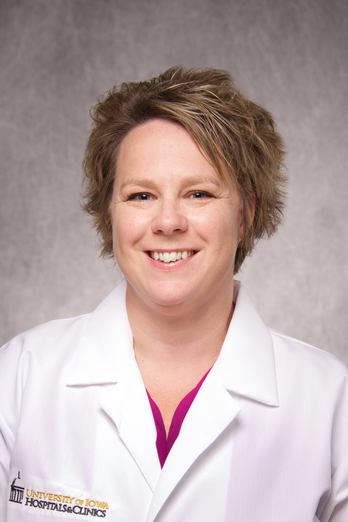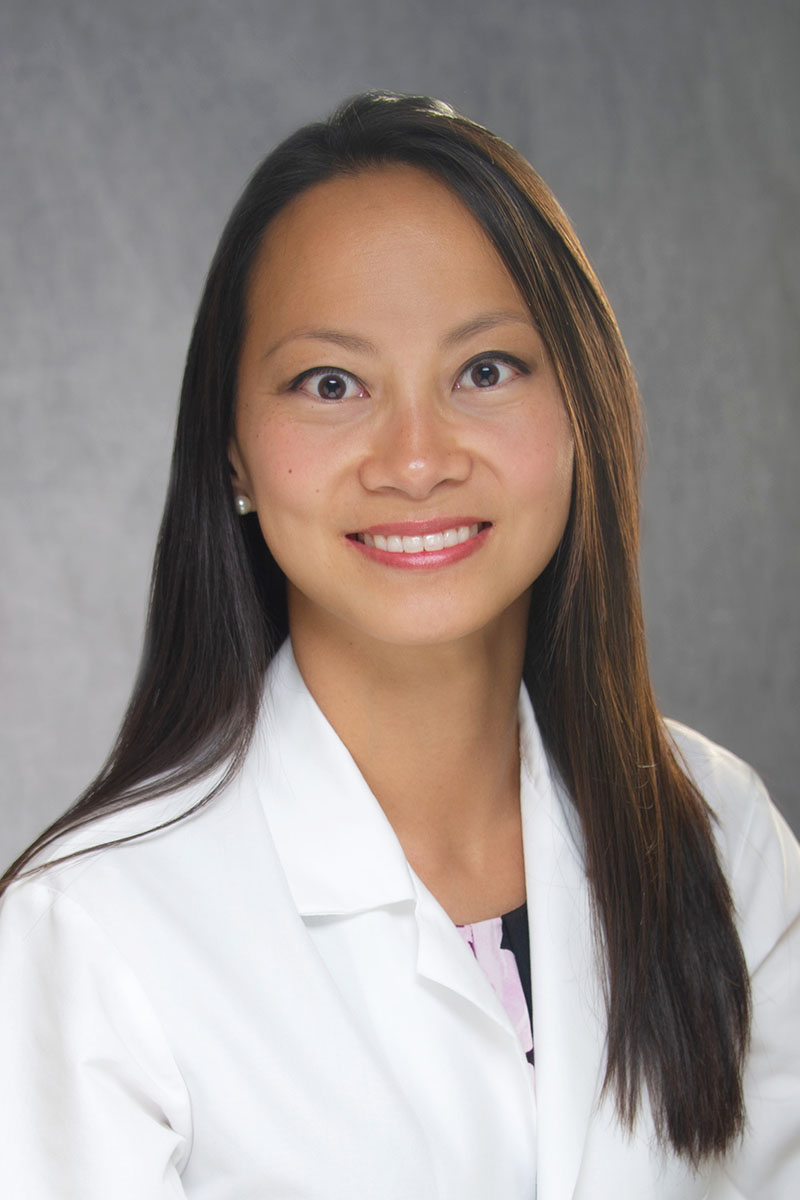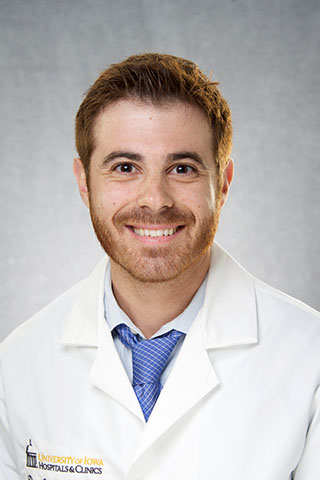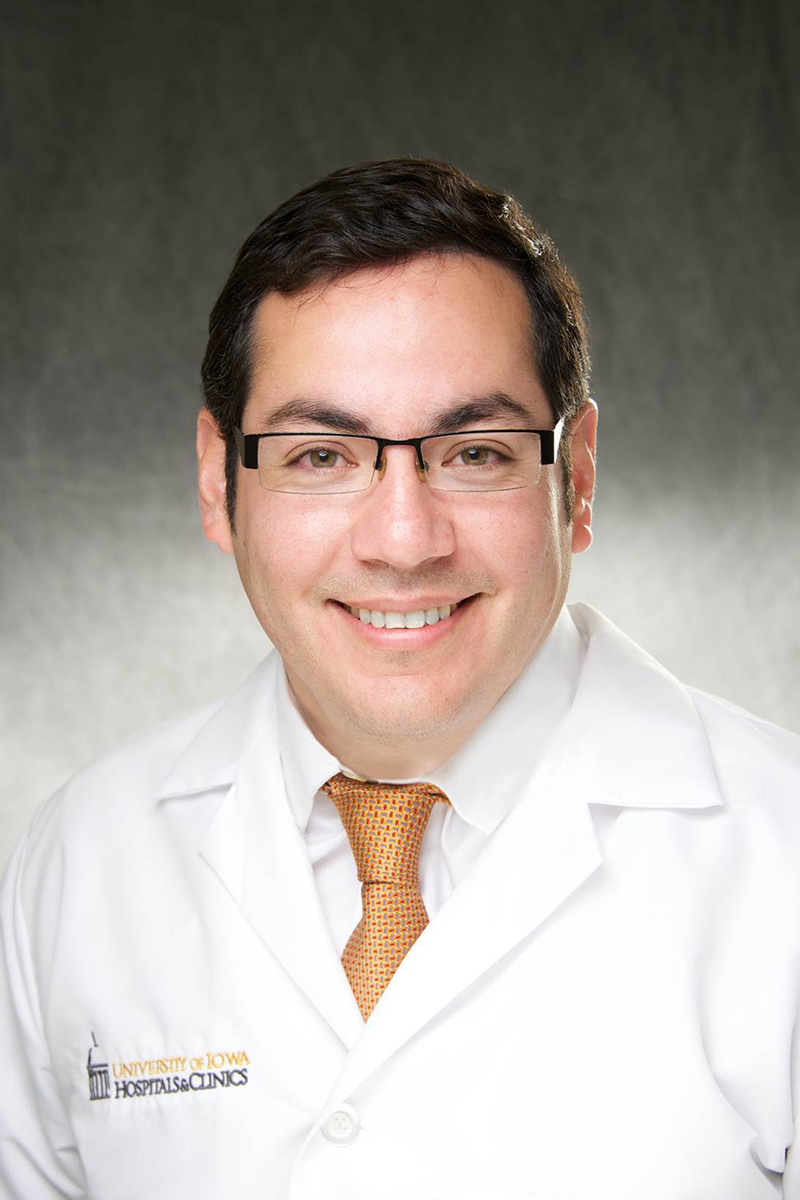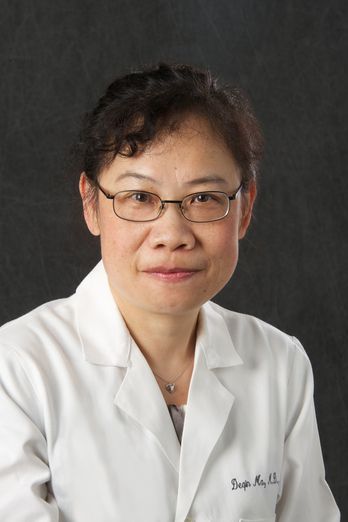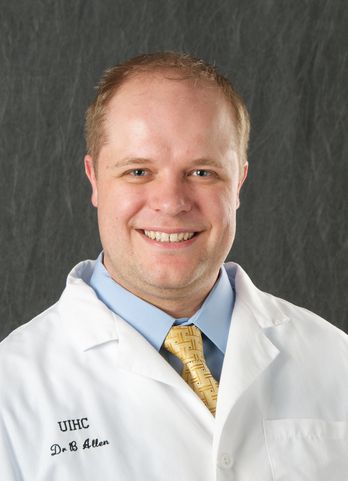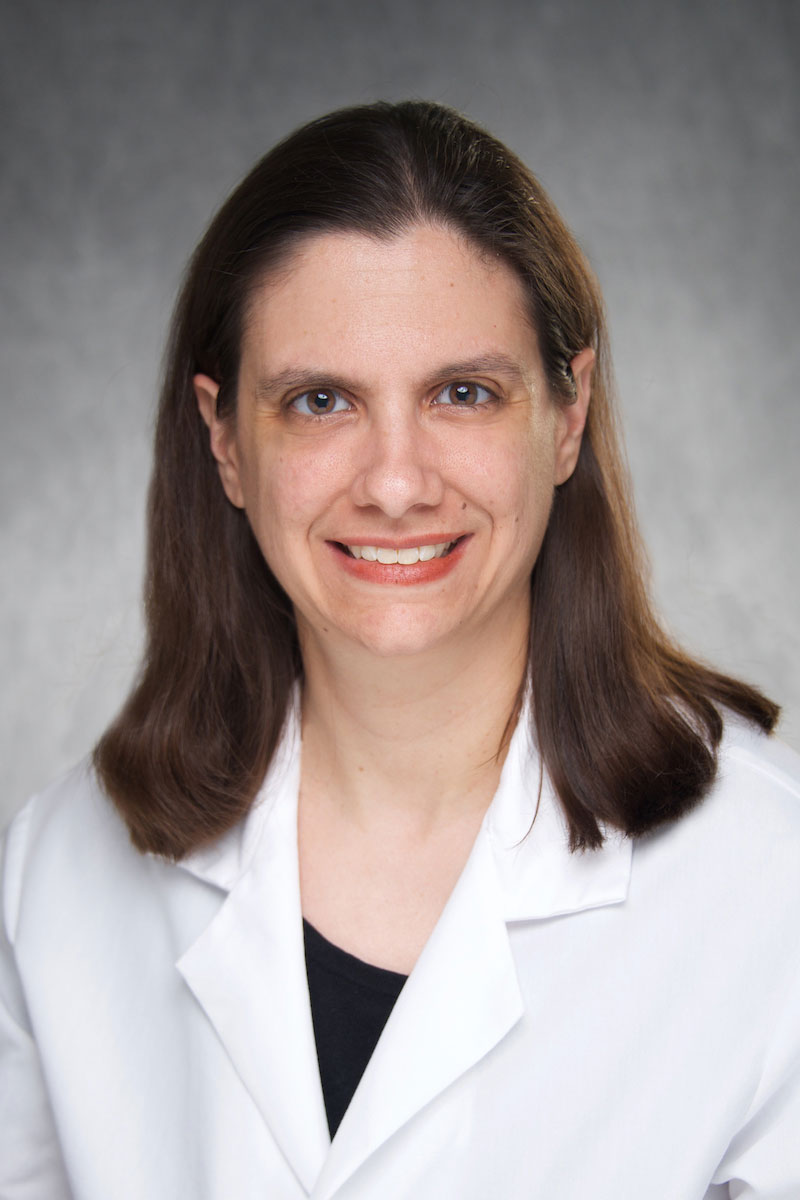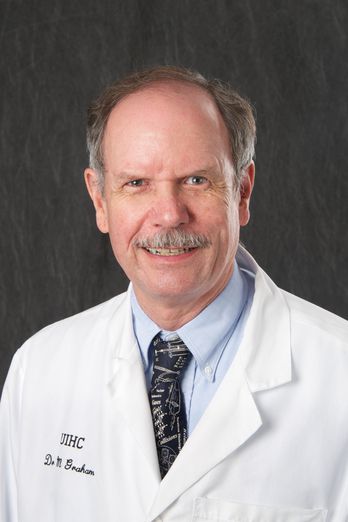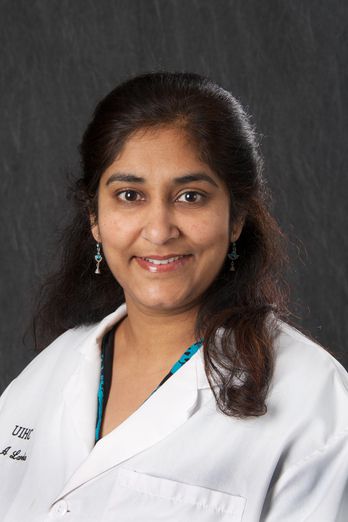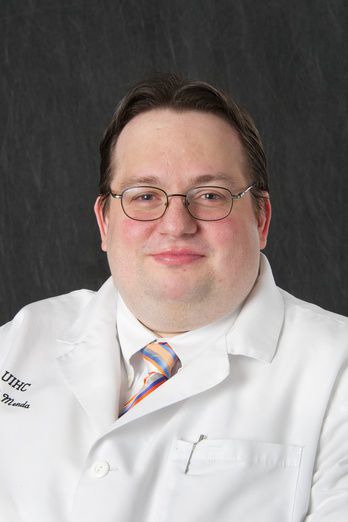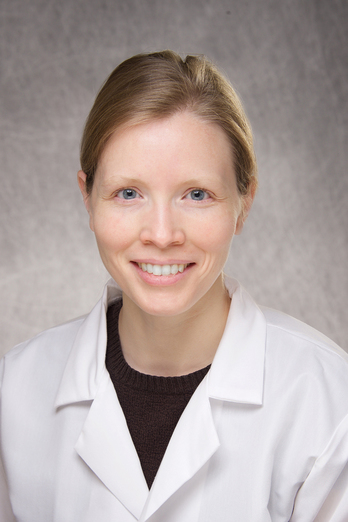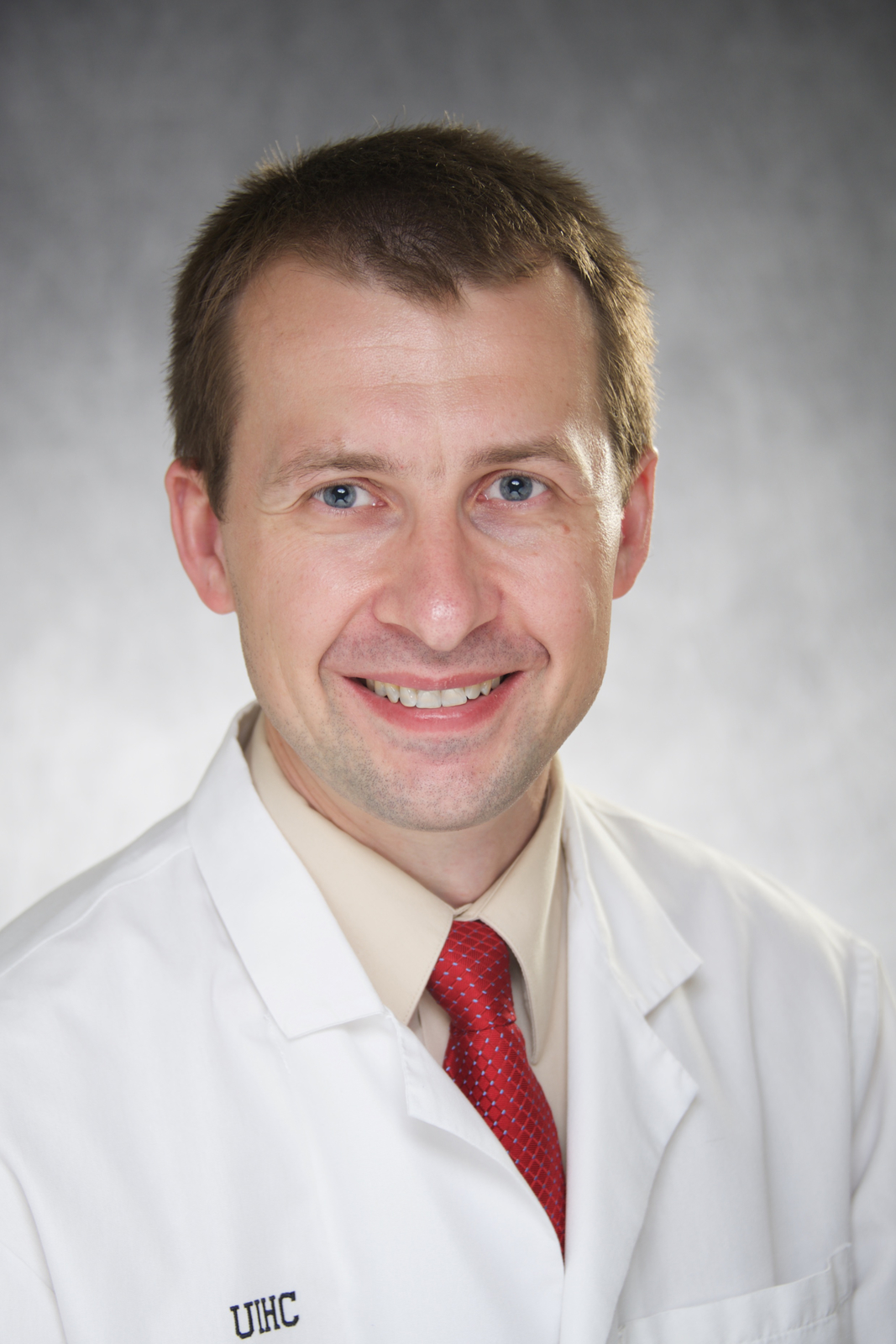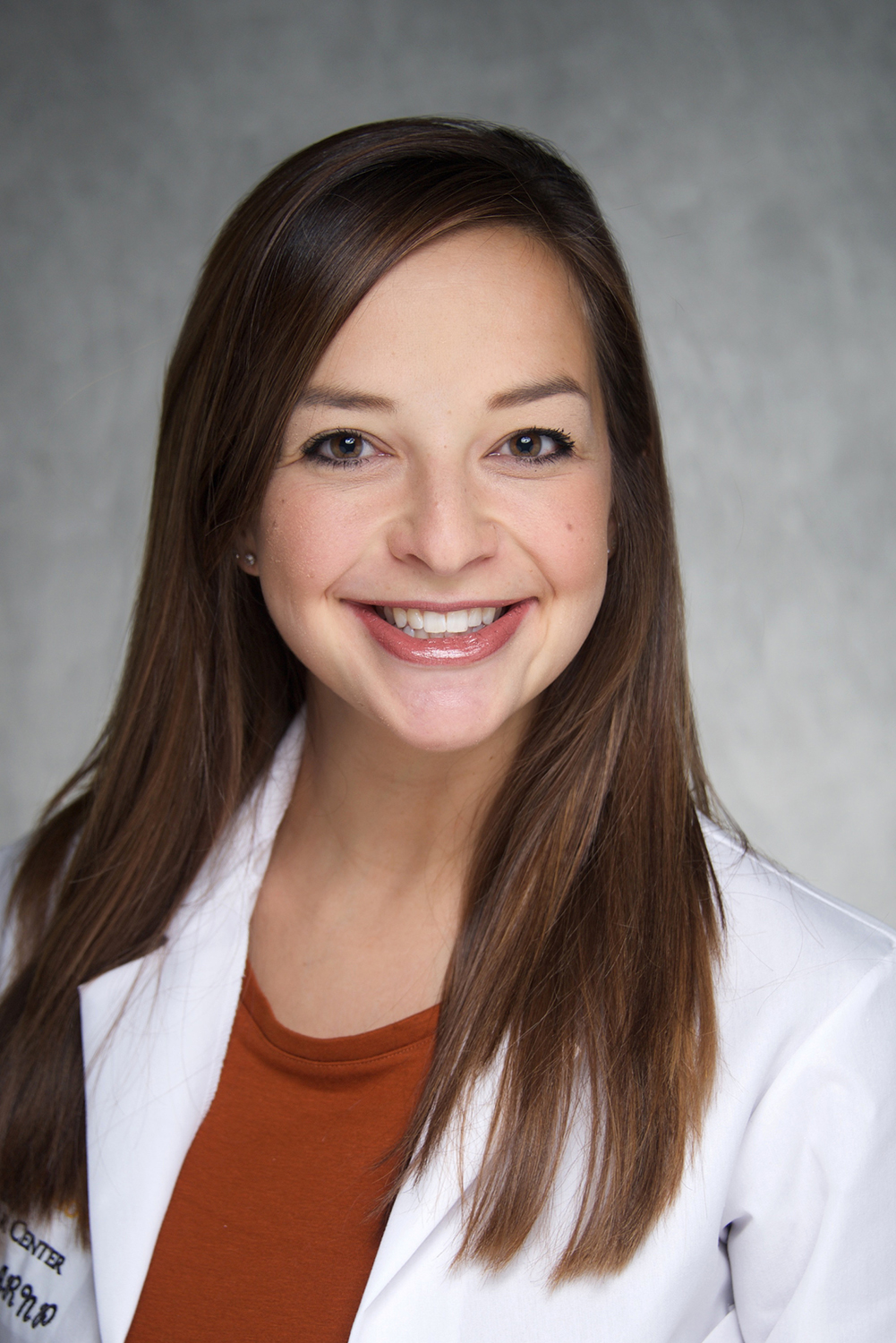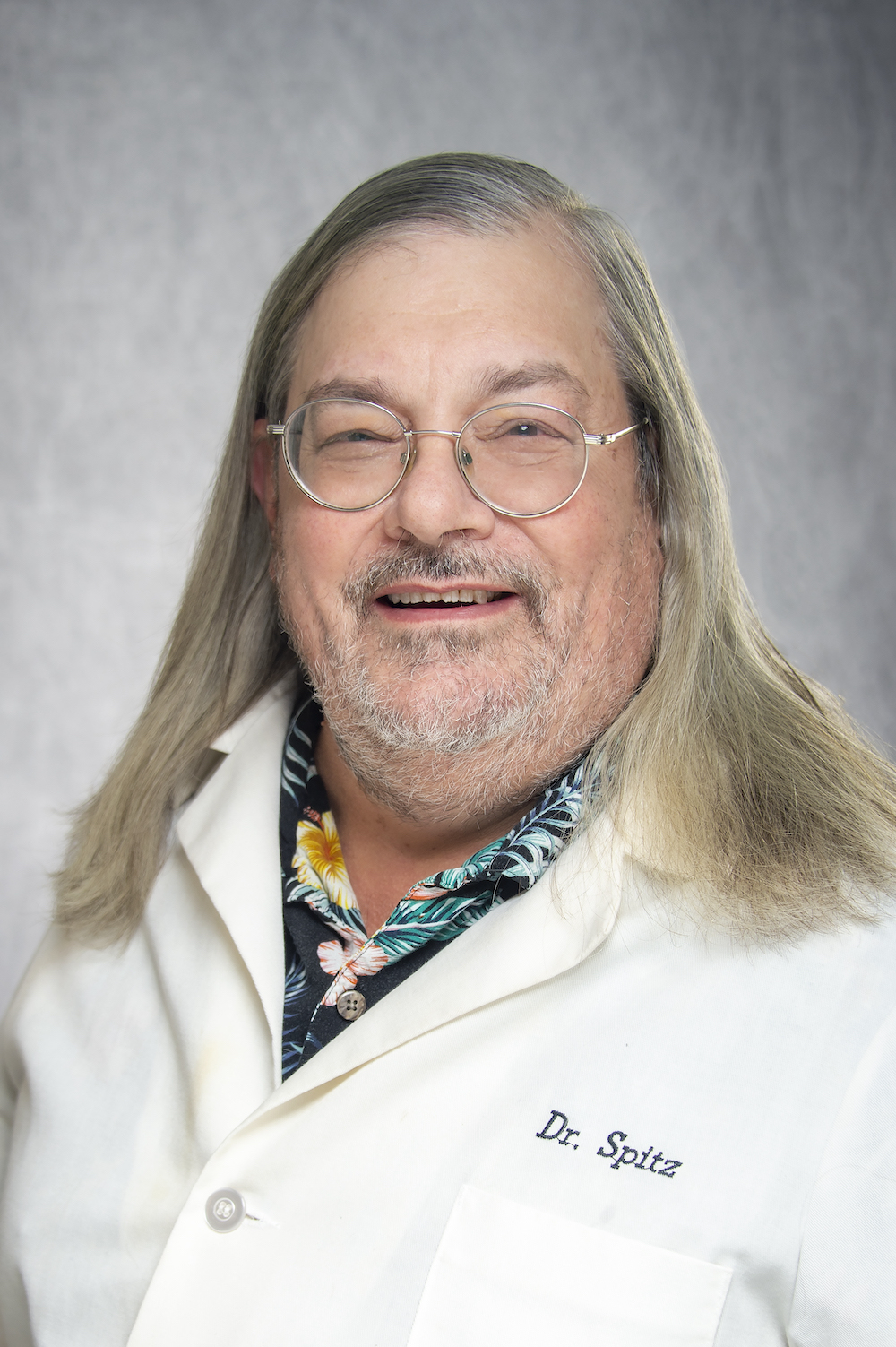Lung cancer often has no obvious symptoms.
People who have lung cancer don’t always notice any symptoms right away. That’s one of the reasons lung cancer can be so dangerous—the symptoms aren’t obvious until the cancer has grown and spread. This is why it’s especially important to pay attention to any possible signs of lung cancer, such as:
- A persistent cough that keeps getting worse
- Coughing up phlegm that has blood in it
- Shortness of breath or wheezing
- Hoarse voice or a change in your voice
- Constant chest pains
- Pneumonia or bronchitis that keeps coming back
- Swelling around your neck or face
As it grows, lung cancer can spread to other parts of the body, such as bones, the abdomen, or the brain. More advanced lung cancer may cause symptoms such as:
- Difficulty swallowing
- Back pain
- Loss of control of bowels or bladder
- Headache, blurred vision, nausea
- Slight yellowing in the skin or eyes
- Lumps on the body
These symptoms may not always seem serious. But if you have them, it’s a good idea to tell your doctor, especially if you smoke now or if you have smoked in the past. Want to quit smoking? Learn more about the reasons to quit using tobacco.
Know the characteristics of lung cancer.
- Smoking causes most lung cancer.
-
Most people who die from lung cancer got the disease from smoking.
There are other ways to get lung cancer. Your risk of getting it increases if you’re regularly exposed to:
- Substances like asbestos or metal dust
- Radon
- Secondhand smoke
Some people have a higher risk because of genetics—a higher risk of lung cancer runs in their family.
Studies have shown that e-cigarettes, including JUUL e-cigarettes, contain chemicals that cause lung disease. It is not yet known whether they cause lung cancer.
For most people, the best way to lower the risk of getting lung cancer is to stop smoking and to stop exposing their lungs to chemicals that cause lung disease.
- Non-small cell lung cancer is the most common type.
-
About 80 percent of lung cancers are non-small cell lung cancer, or NSCLC. The most common kinds of non-small cell lung cancer are adenocarcinoma, squamous cell carcinoma, and large cell carcinomas.
The other main type of lung cancer is called small cell lung cancer. About 20 percent of lung cancers are small cell lung cancer. Small cell lung cancer spreads more quickly than non-small cell lung cancer.
Small cell lung cancer gets its name from the size of the tumor cells. When viewed through a microscope, the tumor cells are noticeably smaller than the healthy cells around them.
- X-rays are critical for screening.
-
Your doctor will use X-rays to check for lung cancer.
If you have symptoms of lung cancer, your doctor will examine you and ask some questions about your health history to decide if you are at risk. If you are at risk, the next step will probably be a CT scan (sometimes called a CAT scan), which is a type of X-ray that shows the doctor a detailed picture of your lungs. You also may be asked for tissue, blood, urine, or mucus samples that can be tested in a lab as part of your lung cancer screening.
Your doctor will check the pictures of your lungs and look for lumps of tissue called nodules. Most nodules are not cancer, but if there are nodules in your lungs, your doctor will want to get a closer look at them to make sure they’re not cancer. That could require more CT scans or a biopsy, which involves getting a small sample of tissue from your lungs.
- Staging will dictate your best treatment plan.
-
To choose the best treatment, your doctor will stage your lung cancer.
You’ve probably heard cancer described with a stage number—for example, stage 4 lung cancer. (Sometimes the stage will be written with a Roman numeral: stage IV lung cancer.)
Lung cancer staging is a way of describing how big the cancer is, whether it has spread to the lymph nodes in the lungs, and whether it has spread to other parts of the body. Lung cancer stages range from 0 to 4. The higher the number, the more severe the cancer is.
Knowing the stage of your lung cancer helps your doctor come up with a treatment plan for you.
Types of treatment for lung cancer include:
Chemotherapy
Pills or injections that kill cancer cells
Radiation therapy
X-rays or other kinds of radiation that kill cancer cells or prevent them from spreading
Surgery
Removing the part of the lung that has cancer cells in it
Molecular genetic testing
Testing the patient’s genes to predict what kinds of treatment are most likely to kill the cancer cells
Clinical trials
Research studies that test new drugs and other types of treatments that are not yet on the market
- Without a complete genetic profile, your lung cancer treatment may not be as effective as it should be for the best outcome.
-
Every lung cancer patient should undergo genetic tumor testing. Genetic testing helps your care team determine what specific tumor mutation you have.
Information about that mutation is used to create a treatment that is personalized for you and targeted to kill your specific type of tumor cell. That information can also be used to initiate a clinical trial of a promising new treatment to kill that type of tumor cell.
Holden’s lung cancer team tests for seven genetic targets, the most complete set of targets that can be tested. Most oncologists don’t have the resources to test for all seven of those targets, so they can’t identify as many mutations as Holden’s oncologists can.
One example of the benefit of getting your lung cancer genetic testing at Holden is that we test for the KRAS G2C molecular target. The KRAS G2C molecular target is found in 15% of cases of non-small cell lung cancer, the most common type of lung cancer.
Because there is no standard treatment to offer to patients with the KRAS G2C molecular target, many hospitals don’t test for it. At Holden, we test for the KRAS G2C molecular target, and we have two clinical trials of new treatments designed for patients who have that target.
At Holden Comprehensive Cancer Center, you’ll be cared for by a team of lung cancer experts.
Your doctor works directly with a team of radiologists, bronchoscopists, medical oncologists, radiation oncologists, genetic counselors, social workers, pathologists, pharmacists, nurses, and scientists. This group of experts focuses on diagnosing and treating your lung cancer.
Holden’s lung cancer expertise benefits you in a number of ways, including:
Short wait times for appointments and tests
The lung cancer team will see you as quickly as possible for your first appointment, often within a few days. And most lab tests are run on-site, so you’ll get your results sooner.
Genetic testing
Our genetics experts study your cancer cells to help find the best treatment for you.
Shorter recovery time
Our lung cancer surgeons use minimally invasive techniques, which means you heal faster after surgery.
Precision radiation therapy that more accurately targets the tumor
Our radiation oncologists are experts in the latest techniques, including gated SBRT, a kind of radiation therapy that moves with the tumor in pace with your breathing. That keeps the radiation focused on the tumor, so there is less damage to your healthy lung tissue.
Clinical trials of the latest breakthroughs in lung cancer treatment
Our cancer researchers participate in hundreds of clinical trials. A clinical trial is a test of a new treatment that is not yet available to the public. This means that your doctor can offer you tomorrow’s best lung cancer treatments today.
Our lung cancer specialists are ready.
Internal Medicine Physicians
Pathology Physician
Radiation Oncology Physician
Radiology Physicians
Surgeons
Nurse practitioners
Nurse coordinator
Genetic Counselors
Researcher
Cancer Care Clinics
Clinical Cancer Center
21602 Pomerantz Family Pavilion (PFP)Elevator M, Level 1
Phone: 1-319-356-4200

